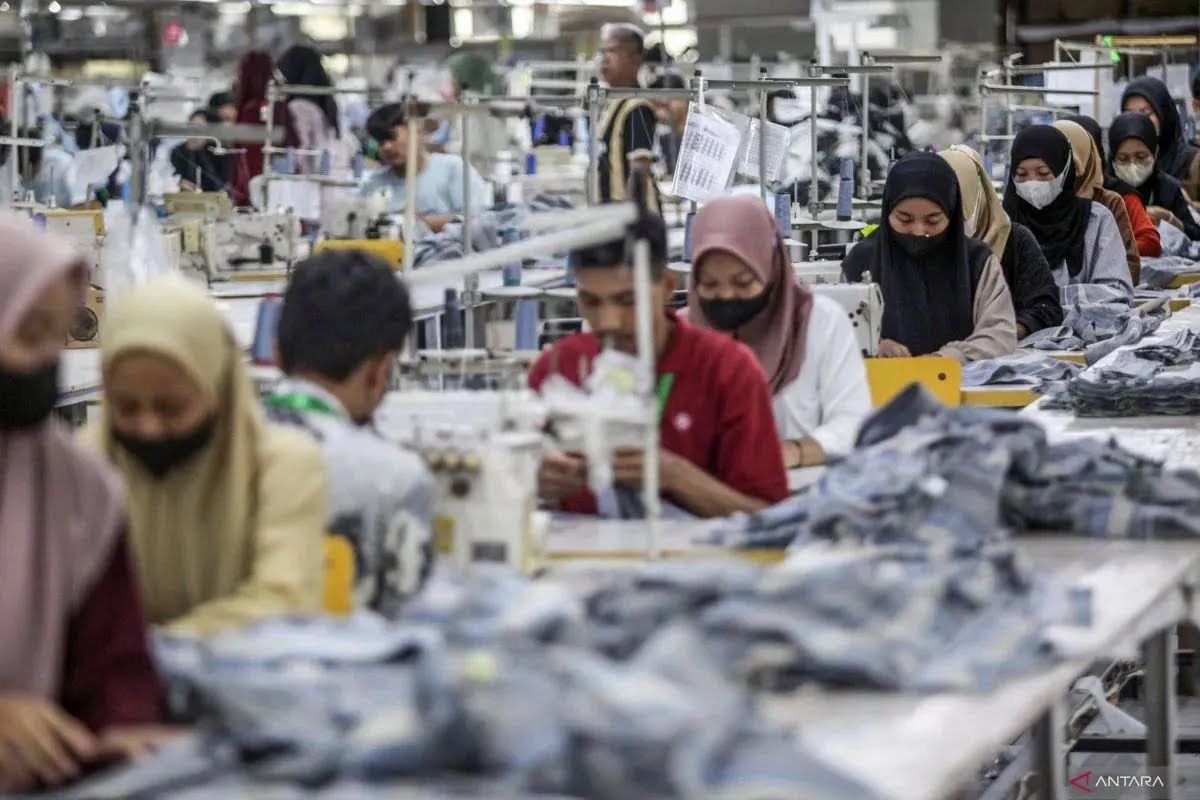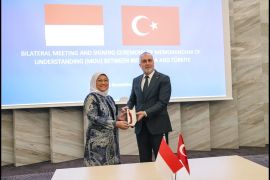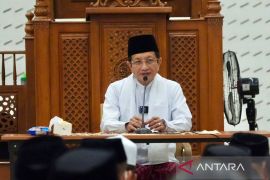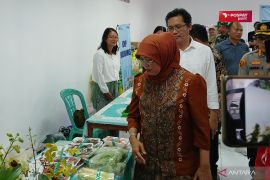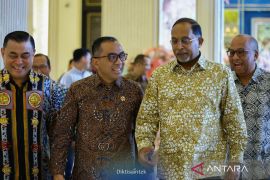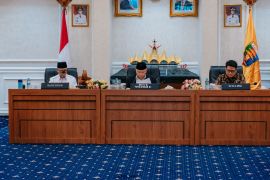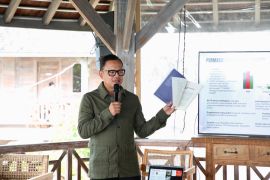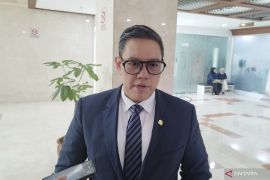“The Pension Insurance Program plays a vital role in the social welfare system, aiming to guarantee workers a dignified and sustainable life in old age,” Director of Labor Social Security at Kemnaker Decky Haedar Ulum stated in Jakarta on Wednesday, as quoted by ANTARA.
To this end, Kemnaker is urging employers to follow existing regulations and enroll their workers in the Pension Insurance Program.
However, Ulum acknowledged several persistent challenges within the broader Employment Social Security (Jamsostek) framework, which aims to ensure workers' well-being after retirement.
One major concern is limited coverage. Currently, pension insurance is mandatory only for medium- and large-scale enterprises, while participation remains voluntary for small businesses. Moreover, informal workers or non-wage earners are not yet eligible for the pension program.
Ulum pointed out that several employers in medium- and large-scale sectors fail to register their workers in the program due to a lack of awareness of its importance. Some even perceive participation as a financial burden, leading to incomplete social protection for workers who should otherwise have been fully covered.
Another challenge is the large segment of vulnerable workers, most of whom are informal workers without access to the pension scheme. While this group can voluntarily enroll in the Old-Age Insurance Program (JHT), only Work Accident Insurance (JKK) and Death Insurance (JKM) are currently mandatory.
Since the pension scheme is voluntary for informal workers, Ulum emphasized the need for consistent, large-scale efforts to raise awareness and financial literacy about retirement planning.
“These efforts should not be carried out by Kemnaker and BPJS Ketenagakerjaan alone but must involve collaboration among all stakeholders at both central and regional levels,” he noted.
In a related statement, Deputy Director of PRAKARSA and a senior researcher Victoria Fanggidae echoed the importance of pension insurance, highlighting that many workers lack personal savings or assets to sustain themselves after retirement.
“This creates vulnerabilities, making them dependent on their children or relatives and increasing their risk of falling into old-age poverty,” she noted.
Fanggidae pointed out that the program’s limited coverage -- restricted to formal sector workers -- poses a major challenge, especially since over half of Indonesia’s labor force comprises informal or non-wage workers. She also emphasized low awareness among both employers and workers regarding the program’s significance.
To address these issues, Fanggidae called for legal reforms to expand access and ensure broader inclusion in the pension scheme.
“Legal barriers need to be addressed, whether through amendments to Law No. 40 of 2004 on the National Social Security System or to Government Regulation No. 45 of 2015 on the implementation of the Pension Program. Once legal access is granted, targeted outreach to vulnerable informal workers must follow to raise awareness and boost participation,” she remarked.
Referring to The PRAKARSA’s 2024 study, Fanggidae observed that several informal workers are interested in joining the pension program but lack clear information on how to access it.
She further suggested that the pension scheme should be more flexible to accommodate low-income and irregular earners by enabling contributions aligned with their financial capacity. Portability is another concern, as the scheme must remain accessible even as workers change jobs or employment statuses.
Fanggidae also recommended that the government consider a support program for contributions similar to the PBI (Penerima Bantuan Iuran) system in the National Health Insurance (JKN) program to assist low-income participants.
According to the BPJS Ketenagakerjaan data, as of May 2025, some 15,067,370 workers were enrolled in the Pension Insurance Program. Celebrating its 10th anniversary on July 1, the program is designed to ensure workers can enjoy a financially secure retirement and a decent standard of living in their later years.
Translator: Prisca, Azis Kurmala
Editor: Primayanti
Copyright © ANTARA 2025
